TEHRAN (Bazaar) – Professor Paul Pillar, who was CIA intelligence analyst for 28 years, says “Trump administration ‘sanctions wall’ strategy making sanctions relief difficult.”
Pillar told Bazaar news agency “Like it or not, the issue of the IRGC on the terrorist organization list clearly has become part of the current negotiations about reinstating the JCPOA, even though it is not really a part of the JCPOA itself.”
Following is the text of the interview:
Bazaar: “If Iran wants to lift sanctions beyond the JCPOA, they must address our concerns beyond the JCPOA,” State Department spokesman Ned Price said recently. Based on this, Price seems to mean that the removal of the IRGC from the US terrorist list requires talks beyond the JCPOA, and this issue will not be resolved in the form of the JCPOA. What is your assessment?
Pillar: Like it or not, the issue of the IRGC on the terrorist organization list clearly has become part of the current negotiations about reinstating the JCPOA, even though it is not really a part of the JCPOA itself. So, it is still possible for the issue to be resolved in the course of those negotiations. But the United States can justifiably say--notwithstanding the Trump administration's motives in listing the IRGC--that because this issue involves subject matter that can be considered extraneous to the JCPOA, Iran should not be surprised if the United States raises issues that it is concerned about and that also are extraneous to the JCPOA.
Bazaar: Price has also said that if Iran does not want to use nuclear talks to resolve other bilateral issues, we are confident that we can reach an agreement on the JCPOA very soon and start re-implementing the agreement. Does Price mean that the JCPOA can be revived independently of Iran's regional policy and missile program, but that sanctions labeled as non-nuclear remain?
Pillar: Certainly, the JCPOA can be revived independently of questions involving Iran's regional policy and missile program; that's part of the basic idea underlying the original negotiations that created the JCPOA. A sticking point concerns how to look at "non-nuclear" sanctions. Part of the Trump administration's strategy was to impose additional sanctions on Iran under the name of human rights or terrorism or something else, to make it as difficult as possible for a successor U.S. administration to remove such sanctions. It is not clear how this question--of what exactly should be considered "nuclear" vs. "non-nuclear" sanctions--has been handled in the Vienna negotiations so far.
Bazaar: What are the reasons for the complexity of the JCPOA in the current period?
Pillar: Among the reasons are: (1) the aforementioned Trump administration ‘sanctions wall’ strategy making sanctions relief difficult; (2) the failure of the Biden administration, very early in Mr. Biden's presidency, to simply reinstate U.S. compliance with the JCPOA by using executive orders to undo what Trump did through executive orders; (3) political change in Iran in favor of hardliners, resulting in several months further delay in negotiating anything, coupled with demands such as the one about delisting the IRGC, that a more pragmatic Iranian leadership might not have made; and (4) the usual partisan politics in the United States, making the Biden administration wary of taking any steps or making and concessions that domestic political opponents would criticize as being nice to Iran.
Bazaar: Iran has stated that if the nuclear deal is not finalized, the International Atomic Energy Agency (IAEA) camera film installed under the extra-safeguards agreement will probably be deleted. In this case, Iran will continue to cooperate with the IAEA in accordance with the Agency's safeguards agreements, but the extra- safeguards agreements that Iran has accepted under the JCPOA will terminate. What will be the US reaction in this situation?
Pillar: The United States would have to come up with a Plan B in any case if the negotiations on reinstating the JCPOA fail. The U.S. administration probably has not yet done that. The issue of the monitoring cameras would just be one more added factor in what already would be a worrisome problem involving the larger Iranian nuclear program. There probably would not be a separate U.S. reaction just about the camera issue.

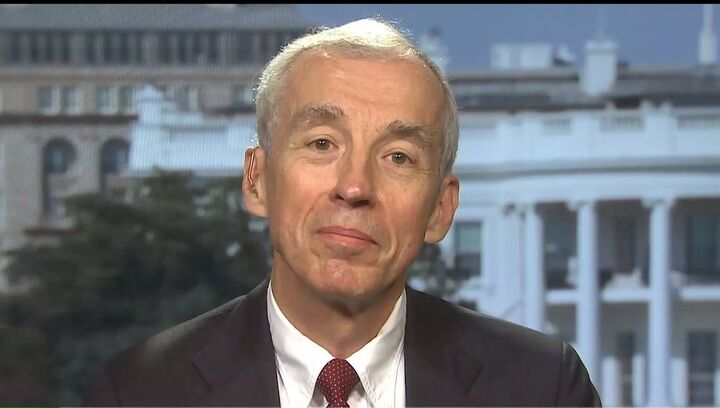




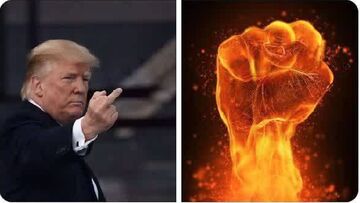
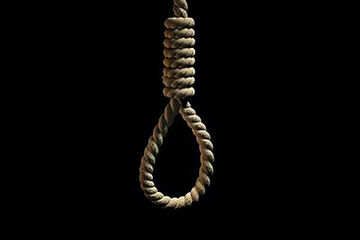
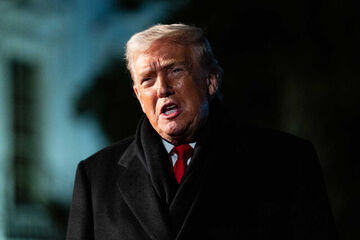

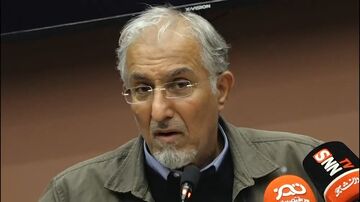

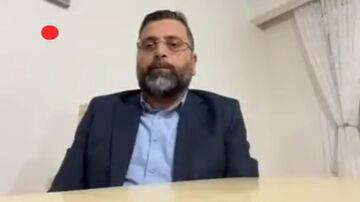
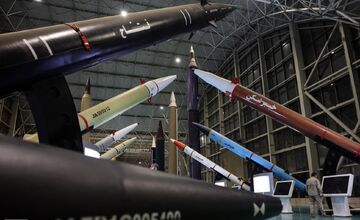
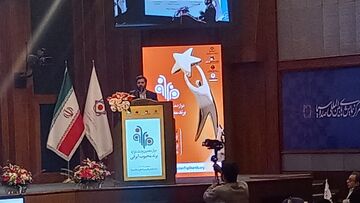

نظر شما